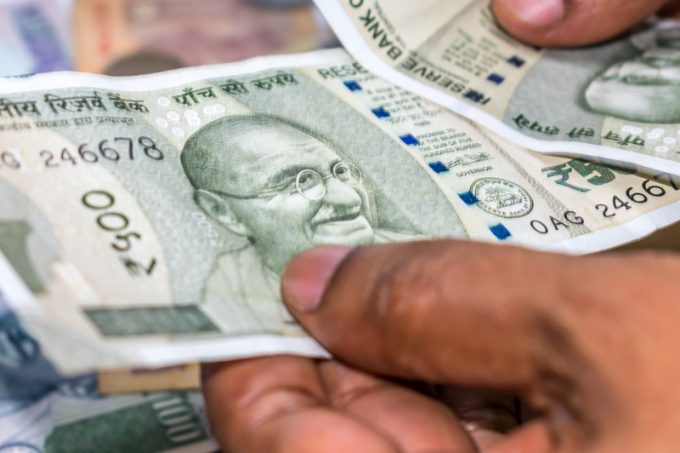Truckers say cargo logjams at Nhava Sheva are testing supply chains
Container hauliers serving terminals at India’s Nhava Sheva port (JNPA) continue to voice concerns over ...

The Maritime Anti-Corruption Network (MACN) and the Indian government have linked up to tackle corruption in the country’s port sector.
Copenhagen-headquartered MACN, which has launched successful programmes to target corruption among port and government officials in Argentina, Nigeria and on the Suez Canal, said it would bring this experience to help India’s ports reduce corruption, with a pilot scheme in the Mumbai gateway running until October.
Cecilia Müller Torbrand, MACN executive director, said: “MACN’s experience shows us that real change is possible ...
Volcanic disruption at Anchorage could hit transpacific airfreight operations
Macron calls for ‘suspension’ – CMA CGM's $20bn US investment in doubt
De minimis exemption on shipments from China to the US will end in May
Forwarders stay cool as US 'liberation day' tariffs threaten 'global trade war'
Trump tariffs see hundreds of cancelled container bookings a day from Asia
Mixed response in US to 'Liberation Day', while China leads wave of retaliation
Tariffs and de minimis set air freight rates on a volatile course

Comment on this article